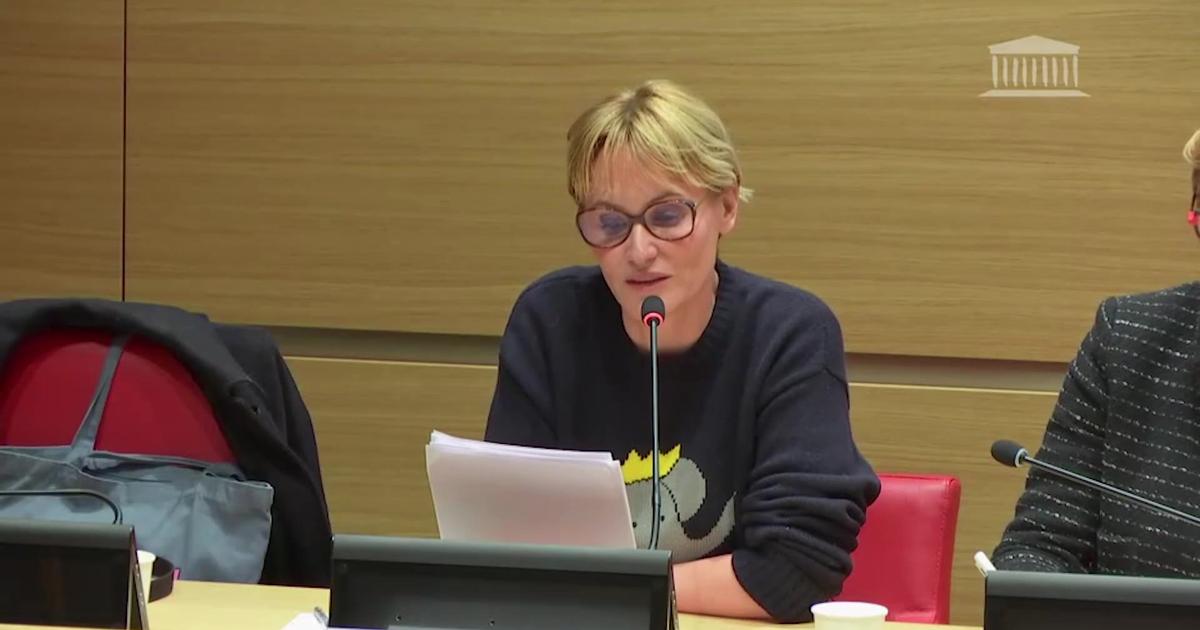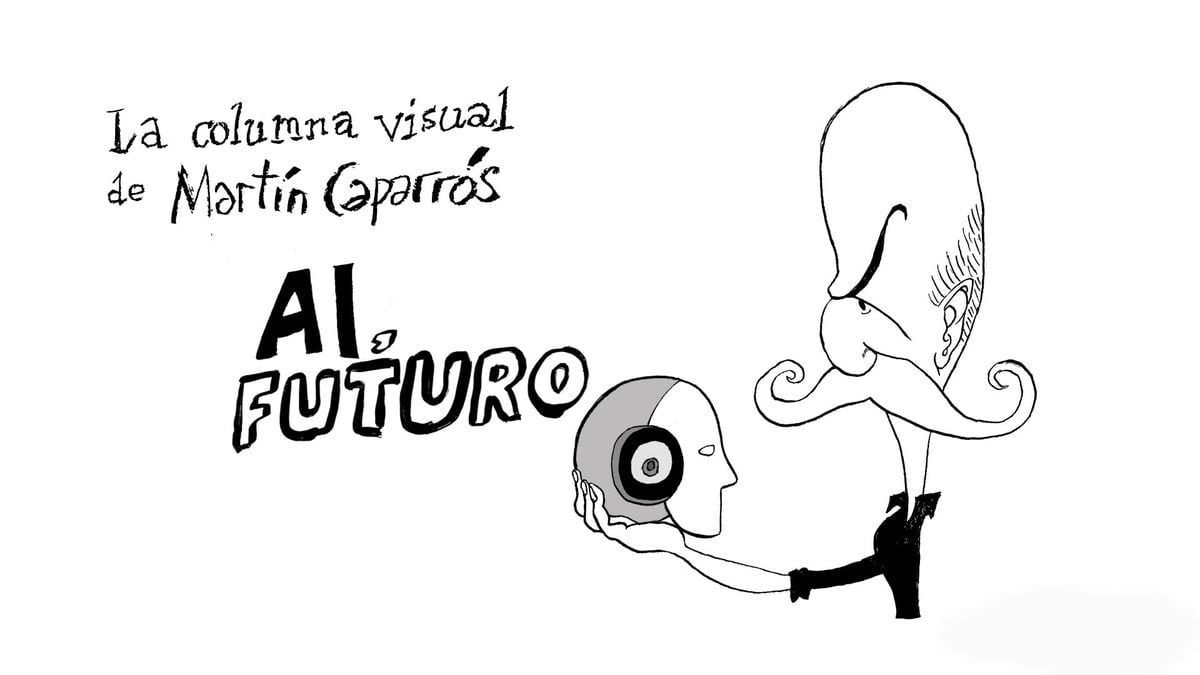At the university where I work, there is a wonderful library.
The library has two quite remarkable characteristics:
one is that it is used by very few people. Many students may do their homework there, but they rarely read books or use the facilities of the library.
The second is that there are many renovation projects: since a few years ago, the number of students entering and leaving the campus during the summer vacation is relatively small, and the library will always be renovated and renovated; then the project has been continuously delayed, and the renovation has not been completed by December; In one academic year, large-scale projects have continued from August last year to July this year.
At the time of writing, it has not yet been completed.
Few users, many projects
As I pass by the library every day, such an idea often arises: when the number and scale of projects are constantly expanding, is there any special logical connection between the two?
Although we don't have and can't really know what's going on, we can still make the following reasonable guesses:
One is that due to the decrease in library users, the library has the motivation to re-attract users to use the library through various improvement projects.
The second is that when the number of library users decreases, the library has more resources and manpower to transfer to improvement projects other than serving users—for example, asking the librarian to move books from this floor to that floor, and then from that floor next year. Move back to this floor, and so on.
The third is that when the number of library users decreases, the library has excess resources and manpower - so it is necessary to use improvement projects to consume the excess budget - this year's budget is not used up, and it is likely to be cut next year.
Which of the above descriptions is more realistic?
Perhaps a combination of the three is unpredictable.
As a regular user of this library, I really have an indescribable emotion - fewer and fewer students (and therefore all) are reading and borrowing books, and the role of the library in contemporary times has become more and more marginalized, no matter what. Turning over the library, but it is difficult to prevent the loss of real users.
The library, as a faded system, inevitably feels out of place.
The contemporary role of libraries has become increasingly marginal.
(Photo by Gong Hui)
The hardware is beautiful, but what about the ideological connotation?
Thinking a little deeper, are libraries really so outdated and ineffective?
Looking around the world, new libraries are still springing up, and many of them are landmarks in the whole city. Tianjin Binhai New Area and Helsinki, Finland are both famous examples in recent years, and even become a must-see check-in hotspot for tourists.
In contrast, what are the old and new libraries in Hong Kong that stand out and leave a lasting impression?
Readers who want to get it, please let me know!
But then again, in the end, the splendid appearance of the hardware and whether it contains a corresponding amount of cultural heritage is enough to make the library not only have a gorgeous body, but also have the same profound ideological connotation, and it is compatible with the local community and residents. Form a close connection?
This is probably the quality that success must have. If you have not personally visited and used those libraries, or even understood the opinions and habits of local users, it is difficult to have an objective criterion for judgment.
Let's go back to the library that I often visit myself.
After years of renovation and renovation, the library is undoubtedly bright and clean.
Many bookshelves were placed against the wall, and the atrium space was vacated, placing tables and chairs that could accommodate more students, and even embellished with a lot of green plants (yes, that was a place where the sun couldn’t reach) ——The question is, in addition to having a more comfortable study environment, what function does the library provide for students?
As mentioned before, as long as there are sufficient financial resources, it is probably not difficult to create a beautiful and comfortable space, but software culture depends on high-level management, not only to master the academic needs of contemporary universities, but also to have insight into future development trends , so as to lead the library across the age of information technology. Looking around the presidents and vice presidents of various universities in Hong Kong, can you say that there are a few who can really have such a level?
Readers who want to get it, please let me know!
Jane Jacobs is an unrecognizable name in the history of urban studies.
(Wiki Commons)
More and more wrong, worsening transactions
Regardless, what I want to say is not just the library itself, but how it, as a microcosm of this society, appropriately reflects our predicament.
Jane Jacobs is an unrecognized name in the history of urban studies. Her 1961 book "The Death and Life of Great American Cities" single-handedly reversed New York's planning and the city's fortunes, but she has a profound impact on the city's economy. The special contribution of learning, even in the United States, is rarely mentioned.
As a layman in economics, Yabus, in The Economy of Cities (1969) and Cities and the Wealth of Nations (1984), put forward the theory of cities as the driving force of economic development. Economic growth theory has a profound impact.
Jacobs' main argument is that when a city's economy reaches a certain scale and diversity, it will burst out with endless creativity and breed countless small and medium-sized enterprises, opening up space for the development of emerging industries and new products; on the contrary, when cities rely on past successful experiences, Vested interests gain scale and institutional advantages, but even deliberately obstruct the process of innovation and adjustment.
Yabusi just wanted to point out that the urban economy is bound to go through the challenges of the development cycle of ups and downs, ups and downs.
If the city can effectively obtain real feedback, and the industrial structure can be continuously innovated and adjusted, it will naturally form a continuous virtuous circle, so that the prosperity and stability of the city can be extended; If groups are deliberately fooled and misled, there will be what she calls a "transaction of decline", forming a vicious circle of not doing well and doing more and more wrong.
When officials rhetorically talk about the hundreds of hectares of science parks, what real industries are contained in them, and how much is it related to our urban life?
(Photo by Lu Yiming)
The embarrassment of the rich without money
As early as 1969, Yabus had put forward the unique view of "embarrassment of riches", which means that after a city has reached a certain level of development, it has accumulated a lot of wealth, but cannot find it (more precisely, it should be deliberately excluded). ) new investment opportunities.
Wealth can only be used for a lot of conspicuous and formal things, including importing some expensive but useless products, promoting some infrastructure projects that have no social benefit, or using large public funds to invest in relief work... but just don't want to put the money Invest in effective emerging industries-especially new businesses driven by lower-level members of society.
Eventually the city enters a state of stagnation, and that's when this city is dying!
There is no doubt that the SAR government often talks about innovation and creativity, but whose emerging industry is it?
Is it an innovation that allows ordinary citizens to participate in sharing, or is it only an innovation that is monopolized by a few elites?
Looking at the current education system that is undergoing drastic changes, is it training students to follow blindly, or is it really motivated by creativity and innovation?
When officials rhetorically talk about the hundreds of hectares of science parks, what real industries are contained in them, and how much is it related to our urban life?
Readers who want to get it, please let me know!
Zou Chongming's Column|In the Hidden Corner of a South Seaport Zou Chongming's Column|Economic Aphasia and Political Failure
Chongming Chow
, PhD in Sociology, Lecturer at The Hong Kong Polytechnic University






/cloudfront-eu-central-1.images.arcpublishing.com/prisa/IHIVRY26WVGRJBBBNDBUS7ULGI.jpg)


